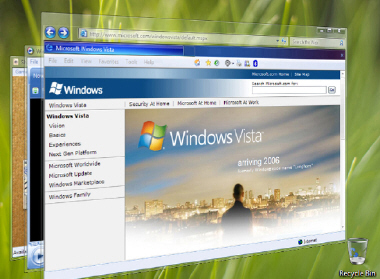Why open source still obsesses about Microsoft


Why do open source advocates worry about Microsoft? And when can they stop?
People worry about Microsoft because it controls base technologies. It controls the operating system most people use, and basic applications. The company dominates these markets and can charge monopoly rents on them.
What Ryder says open source is about is making standards ubiquitous. Priceless is the precise term he uses. Once everyone has something you can build on it. And the best way to make something priceless, ironically, is to make the price of that something zero.
This was really at the heart of the government's anti-trust case against Microsoft. Microsoft not only made money from basic technology, but gave its own developers a leg-up on enhancements by keeping changes secret until its people had a chance to use them.
The fall launches of Vista and Office may be the last time Microsoft gets to leverage these advantages, however. With each generation of Windows, and Office, more of its user base is left behind. Those who refuse to upgrade, because of the cost (including the cost of new hardware) are no longer part of the "base" which Microsoft can manipulate.
As more refuse to pay the price, in other words, Microsoft code becomes less-and-less priceless.
On the other hand, since there is no cost to upgrading, open source users can all be on the same page, using the same base code, ready to innovate.
Maybe, soon, we really won't have Microsoft to kick around any more.